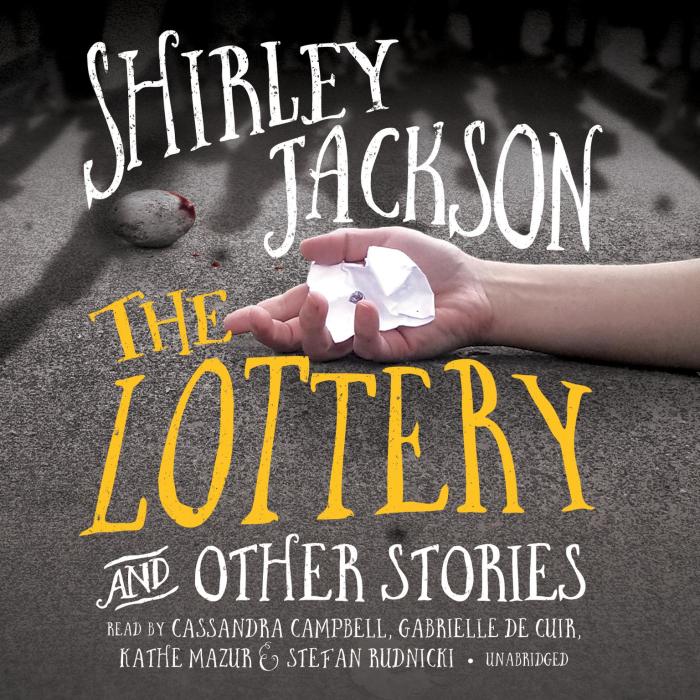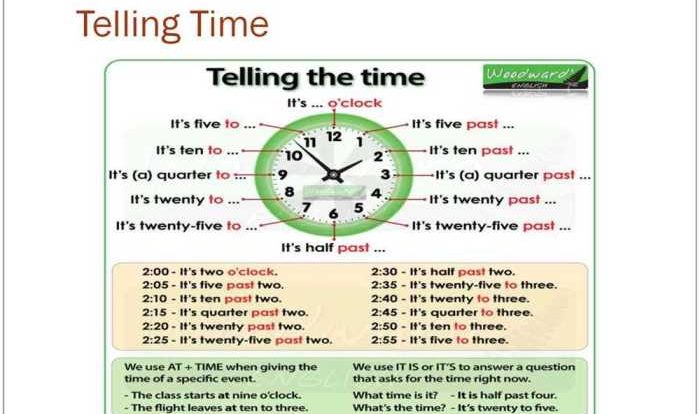The lottery by shirley jackson answers – Embarking on an in-depth analysis of Shirley Jackson’s “The Lottery,” this comprehensive guide delves into the intricacies of the story, unraveling its profound symbolism, allegorical layers, and trenchant social commentary.
Through meticulous examination of the plot, characters, and literary techniques employed, this exploration sheds light on the story’s enduring relevance and its timeless critique of societal norms.
Story Summary
The Lottery” is a short story by Shirley Jackson that takes place in a small village on the day of the annual lottery. The story follows the events of the day as the villagers gather in the town square to select a winner from a lottery.
The winner of the lottery is then stoned to death by the villagers.
The main characters in the story are Tessie Hutchinson, her husband Bill, and their children. Tessie is the one who is chosen as the winner of the lottery. The central conflict in the story is the villagers’ blind obedience to tradition and their willingness to participate in a ritual that results in the death of one of their own.
Symbolism and Allegory

The lottery in the story is a symbol of the dangers of blind obedience to tradition. The villagers participate in the lottery without question, even though they know that it will result in the death of one of their own.
This shows how easily people can be swayed by tradition and how difficult it can be to break away from the status quo.
The story can also be interpreted as an allegory for the McCarthy era. During the McCarthy era, many people were accused of being communists without any evidence. These people were often blacklisted and lost their jobs and reputations. The lottery in the story is similar to the McCarthy era in that it is a way for people to scapegoat and punish others without any evidence of wrongdoing.
Character Analysis

Tessie Hutchinson is the main character in the story. She is a wife and mother who is chosen as the winner of the lottery. Tessie is a complex character who is both a victim of the lottery and a participant in it.
She knows that the lottery is wrong, but she does not have the courage to stand up against it.
Bill Hutchinson is Tessie’s husband. He is a weak and cowardly man who does not stand up for his wife. Bill represents the majority of the villagers who blindly follow tradition, even when they know it is wrong.
The children in the story are innocent victims of the lottery. They do not understand why their mother has been chosen as the winner, and they are horrified when she is stoned to death.
Social Commentary
“The Lottery” is a social commentary on the dangers of blind obedience to tradition. The story shows how easily people can be swayed by tradition and how difficult it can be to break away from the status quo. The story also critiques the small-town mentality that can lead to scapegoating and violence.
The story is still relevant today, as it shows how easily people can be swayed by propaganda and how dangerous it can be to blindly follow authority.
Literary Techniques
Shirley Jackson uses a variety of literary techniques in “The Lottery” to create a sense of suspense and dread. These techniques include foreshadowing, irony, and symbolism.
Foreshadowing is used throughout the story to hint at the tragic ending. For example, the children are described as being “excited” about the lottery, even though they do not understand what it is. This foreshadows the fact that the lottery is a violent and deadly event.
Irony is also used in the story to create a sense of suspense. For example, the villagers are described as being “kind” and “neighborly,” even though they are about to stone one of their own to death. This irony shows how easily people can be swayed by tradition and how difficult it can be to break away from the status quo.
Q&A: The Lottery By Shirley Jackson Answers
What is the significance of the lottery in the story?
The lottery serves as a powerful symbol of tradition, blind obedience, and the irrationality of mob mentality.
How can the story be interpreted as an allegory?
The story can be interpreted as an allegory for the dangers of totalitarianism, McCarthyism, and the suppression of individuality.
What is the role of Tessie Hutchinson in the story?
Tessie Hutchinson represents the individual who dares to question tradition and challenge the status quo, ultimately becoming a symbol of rebellion and the indomitable human spirit.
